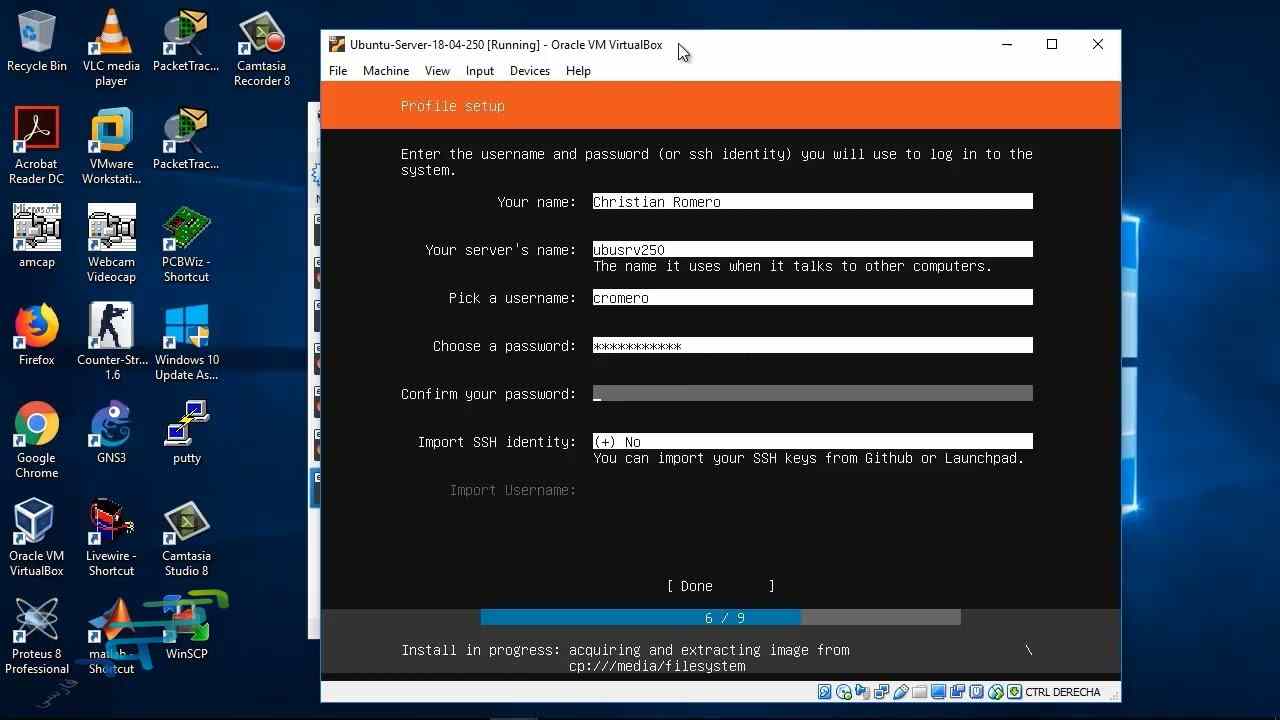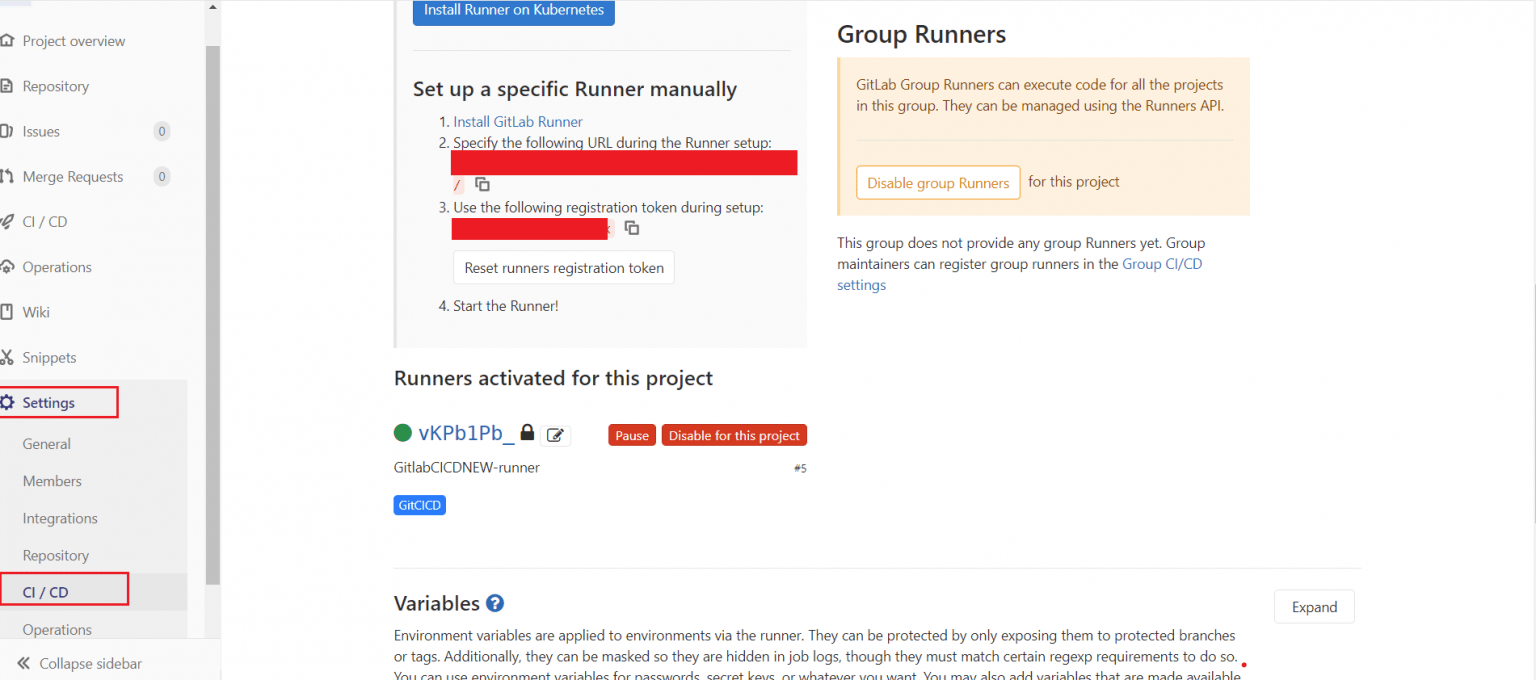

- HOW TO INSTALL GITLAB SERVER IN UBUNTU HOW TO
- HOW TO INSTALL GITLAB SERVER IN UBUNTU SOFTWARE
- HOW TO INSTALL GITLAB SERVER IN UBUNTU CODE
$ git config -global repack.writeBitmaps true

In config/unicorn.rb set the number of workers to at least the number of cores: # ee config/unicorn.rbĬhange to git user and run the following: # su - git And for email_from I’m using a generic You can search for those items by pressing ctrl-y in the ee editor. So, I’m changing host:localhost → host: 192.168.122.234(my IP as I don’t have an FQDN in this testing vm), and not using https for this tutorial. # ee config/gitlab.yml Follow the directions in the highlighted text Go to the gitlab installation directory and edit the config file: # cd /usr/local/www/gitlab-ce Set the home directory to /usr/home/git Configure gitlab You can change it with: # chsh gitĪs I don’t like the vi program, I’ll change to ee with this command: # EDITOR=/usr/bin/ee chsh git Gitlab expects the home directory of git user to be /usr/home/git.

Now enable the redis services and start it: # /usr/local/etc/rd.d/redis enableĪdd the git user to the redis group and we are done with redis configuration: # pw groupmod redis -m git Gitlab preconfiguration This will enable and grant permissions to the redis socket. Redis cache should be installed with the gitlab-ce port if you haven’t installed run: # cd /usr/ports/databases/redisĪdd the following lines to the configuration file /usr/local/etc/nf : unixsocket /var/run/redis/redis.sock Te compilation of everything took a couple of hours in my slow computer: finally! we can start configuring things now Redis This will take more or less time depending on already installed ports. The system will download and compile gitlab and other required ports Now, lets compile gitlab-ce and its dependencies: # cd # make install clean Gitlabhq_production=# CREATE EXTENSION IF NOT EXISTS pg_trgm You are now connected to database "gitlabhq_production" as user "postgres". Next connect to the gitlabhq_production database and enable the extension pg_trgm: postgres=# \connect gitlabhq_production Postgres=# CREATE DATABASE gitlabhq_production OWNER git Postgres=# ALTER ROLE git WITH PASSWORD 'superpass' Postgres=# CREATE USER git CREATEDB SUPERUSER If you are using packages install it with: pkg add postgresql14-contribĬreate a database user called git and the gitlab production database: # su postgres We will need the pgtrgm extension, if you don’t have the port postgresl_contrib, install it with: # cd /usr/ports/databases/postgresql14-contrib You can follow this tutorial if you don’t have one running. The only supported database is PostgreSQL.
HOW TO INSTALL GITLAB SERVER IN UBUNTU HOW TO
In this article I will show you how to install the Community Edition of GitLab on FreeBSD.
HOW TO INSTALL GITLAB SERVER IN UBUNTU CODE
Its features include things like the code repository, wiki or issue-tracking system.
HOW TO INSTALL GITLAB SERVER IN UBUNTU SOFTWARE
GitLab is a web based version control system and collaborative software development based on Git.


 0 kommentar(er)
0 kommentar(er)
